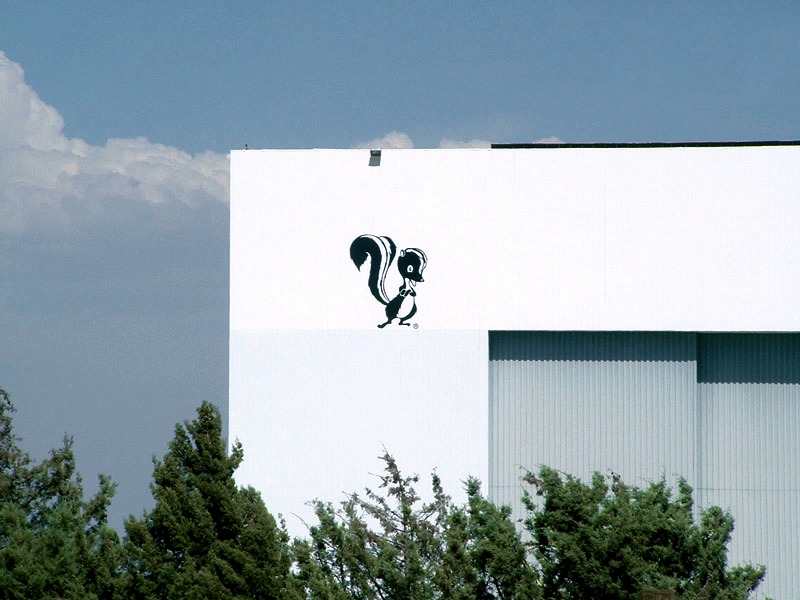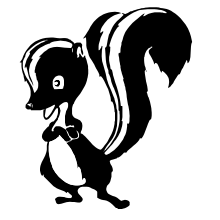Delivery and discovery are both important if you want to make an impact.
Delivery is deadlines, to-do lists, responsibilities, carrying out your commitments.
Discovery is trying something new, tinkering, following a rabbit trail. It’s “play” for grown ups.

In the spectrum between delivery and discovery, where do you spend most of your time? If you’re like me, most of your energy is poured into delivery, tackling the endless string of things that need to get done. Putting out fires.
And it makes sense. Fires need attention. The kids need to be fed. And honestly, most of us are paid for what we delivery, not the interesting stuff we’re tinkering with in the garage.
The problem with pouring endless amounts of energy into delivery, at the expense of discovery, is that it’s not sustainable. It’s not healthy.
In Inc. magazine, Ron Shaich, CEO of Panera Bread, points out the importance of of discovery to the health of his company:
The delivery and discovery processes are very different. The language of discovery is the language of imagination. The language of delivery is the language of numbers and accounting. Getting more efficient is quite seductive, because it works. But the delivery muscle starts to overwhelm the discovery muscle. And then you wake up one day and wonder, How come we don’t know how to compete anymore? One of my most powerful roles as CEO is to protect discovery… Because that’s where value is created.
Is your discovery muscle getting overwhelmed by your delivery muscle?
Maybe you need a Skunk Works project.

Skunk Works
In June 1943, the US Army Air Force met with Lockheed Aircraft Corporation to discuss its need for a jet fighter to combat the growing German air threat. To begin rapid advanced development of this design (before the contract was even signed), the Skunk Works department was born to start work on the project. Skunk Works (the official alias for Lockheed’s Advanced Development Programs) continued to work on highly secretive projects with a large amount of autonomy, working from its separate facilities.
Years later, when Ed Catmull and Steve Jobs were developing Pixar’s new studios, they toured the old Skunk Works facilities to learn how to organize an environment to foster creativity.
Over the years, Skunk Works became a term in organizations for teams that that are sheltered from daily production demands and given freedom and autonomy to test new things out, to develop something new.
To discover.
I love the legend of Skunk Works, and the metaphor it represents for the delivery/discovery balance.
We all need a Skunk Works element in our work and life. Claiming a “Skunk Works project”, or setting aside “Skunk Works time” gives us permission to discover. To play. To set aside deadlines for a while to try something that might not work.
What will you discover today?
